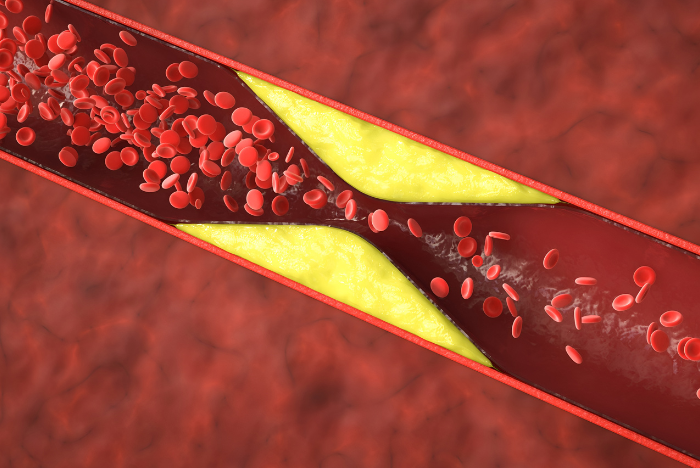
September 01, 2024
 Provided by Lower Bucks Hospital/Through Getty Images
Provided by Lower Bucks Hospital/Through Getty Images
Heart disease, specifically coronary disease, is a common health issue affecting around 18 million American adults. The coronary arteries play a vital role in supplying the heart muscle with essential nutrients such as oxygen. When these arteries become diseased in coronary artery disease, it leads to a reduced supply of blood and nutrients to the heart muscle.
The most prevalent form of coronary artery disease involves the gradual buildup of plaque in the arteries, causing a decrease in blood and oxygen supply to the heart. This can result in symptoms like chest pain, shortness of breath, palpitations, and weakness.
Typical symptoms of coronary artery disease include chest pain, pressure in the chest, pain in the shoulders and arms, and shortness of breath. Less common symptoms may include fatigue, dizziness, nausea, fainting, and swelling in the legs.
Modifiable risk factors for coronary artery disease include high blood pressure, diabetes, smoking, high cholesterol, obesity, and a sedentary lifestyle. Other factors such as a family history of heart disease at a young age can also contribute to the risk.
It is important to consult with your doctor to determine if you are at an increased risk of coronary heart disease or if you may already have coronary artery disease. Common tests may be conducted, including diabetes screenings, cholesterol checks, and electrocardiograms. Additional tests like echocardiograms, stress tests, and CT scans of the heart arteries may be used to assess plaque buildup.
If diagnosed with coronary artery disease, your doctor may prescribe medications such as aspirin to prevent artery blockages and heart attacks. It is crucial to closely monitor your blood pressure, manage diabetes, and adopt a healthy lifestyle, which includes regular exercise, balanced nutrition, and quitting smoking. Aim for at least 30 minutes of moderate physical activity on most days of the week to help maintain heart health.
Interventional Cardiologist, Director of Cardiology
BMC Cardiology Practice, 215-785-5100